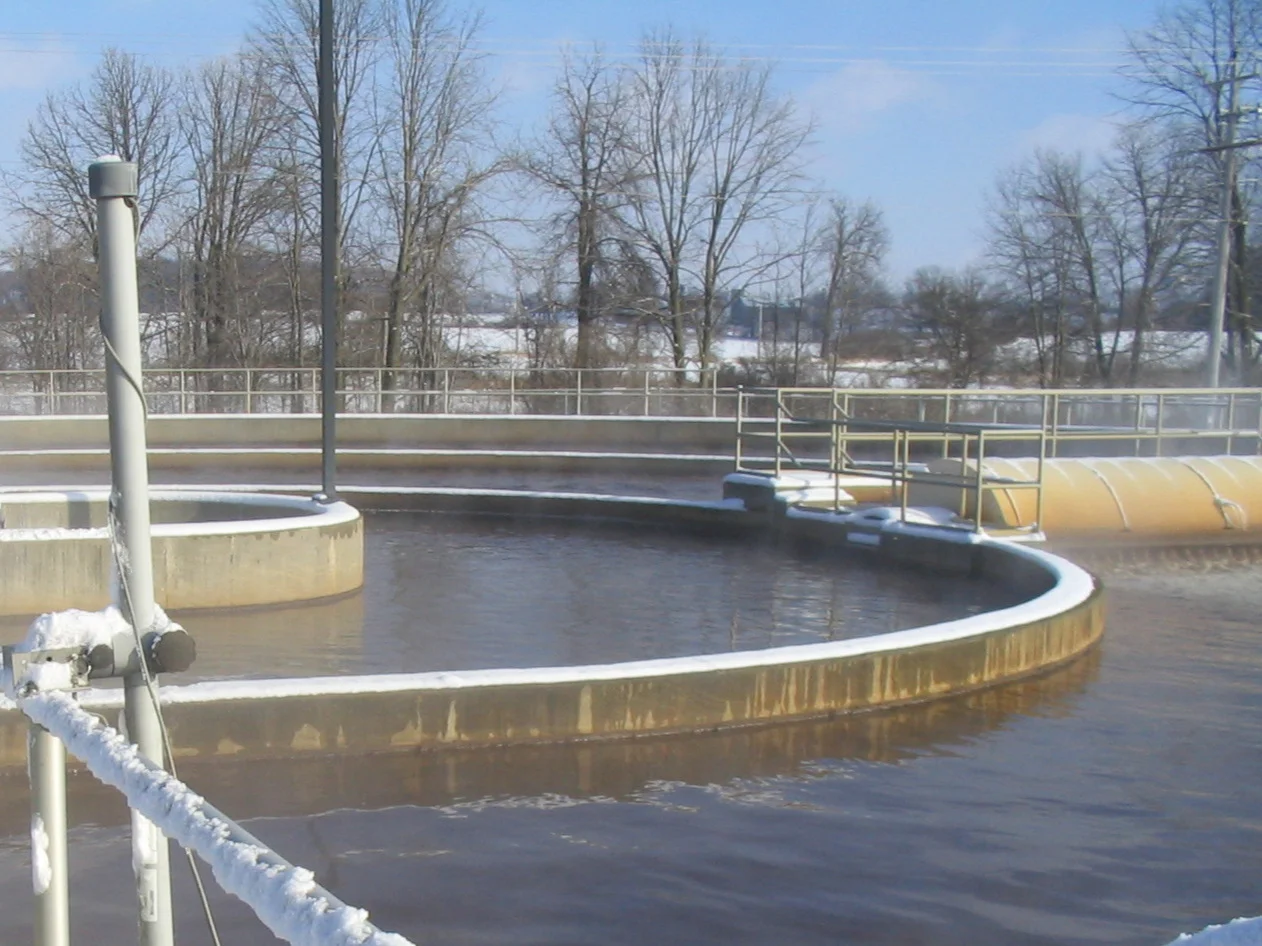Since the state of Wisconsin passed legislation that changed the standards for phosphorus in surface waters, wastewater treatment facilities (WWTFs) have been preparing for increasingly stringent effluent requirements for total phosphorus (TP). Phosphorus filtration can help your municipality significantly reduce its TP effluent concentration and comply with the updated TP effluent requirements. Learn about the various types of phosphorus filters available, how they work, and what the advantages and disadvantages are for each system, so you can make the right choice for your WWTF.
Variable frequency drive (VFDs) can greatly improve efficiencies when used in pumping stations and aeration systems in wastewater treatment facilities.
Learn how the City of Columbus uses VFDs to significantly decrease power demands and reduce energy costs at their WWTF.
The deadline to comply with America’s Water Infrastructure Act (AWIA) is rapidly approaching. Utilities serving 3,301 to 49,999 individuals must submit a RRA certification of completion to the EPA by June 30th, 2021. Learn what tools are available to protect your utility and remain compliant with the EPA.
America’s Water Infrastructure Act (AWIA) requires municipal water systems serving more than 3,300 people to complete a Risk and Resilience Assessment and develop an Emergency Response Plan. Many communities must submit proof of completion before 2021. Here’s what your utility needs to know in order to protect your utility and remain compliant with the EPA.
The WDNR has launched a statewide initiative to mitigate per-and polyfluoroalkyl substances (PFAS) in our drinking water. Learn why there’s increasing concern over PFAS in the environment, the possible human health effects caused by PFAS exposure, and how potential new state regulations may impact your municipal wastewater treatment facility.
Whether you’ve worked with us for years, or you’re just learning about all that R/M has to offer, we’d like you to get to know our industry experts a little better. Learn why they chose their career path, what they wish they’d known when they were younger, what they love about our team, and more.
Learn how R/M helped the City of Oconomowoc save energy and costs by improving their WWTF grit removal system, and how we worked with Columbus Water & Light to evaluate their current water system and plan for future community growth.
When designed correctly, water and wastewater facility infrastructure can last for decades. The planning and modeling of this infrastructure greatly affects daily operation and maintenance, water quality, community development and growth, and the ability for a community to meet changing regulations. Learn why strong water and wastewater infrastructure facility plans are key to setting up the future successes of these community resources.
The WDNR has launched a statewide initiative to mitigate per-and polyfluoroalkyl substances (PFAS) in our drinking water. Learn why there’s increasing concern over PFAS in the environment, the possible human health effects caused by PFAS exposure, and how potential new state regulations may impact your municipal wastewater treatment facility.
When a powerful storm wreaks havoc across your community, the last thing City workers need to be concerned about is running out into the storm to haul a generator across town to ensure a wastewater lift station is functioning properly. Learn how the design of standby generators and their enclosure can safeguard your wastewater facilities.
R/M recently partnered with the City of Columbus to coordinate a water quality trade with Nasco, a neighboring industrial point source located within the Rock River Basin. Keep reading to learn how our team helped Nasco and the City protect the Rock River and comply with their permit limits.
Process instrumentation is an often overlooked, yet incredibly important component of wastewater treatment operations in small to medium size wastewater treatment facilities. Learn how the City of Hartford Water Pollution Control Facility (WPCF) implemented additional process instrumentation to enhance their operations.













